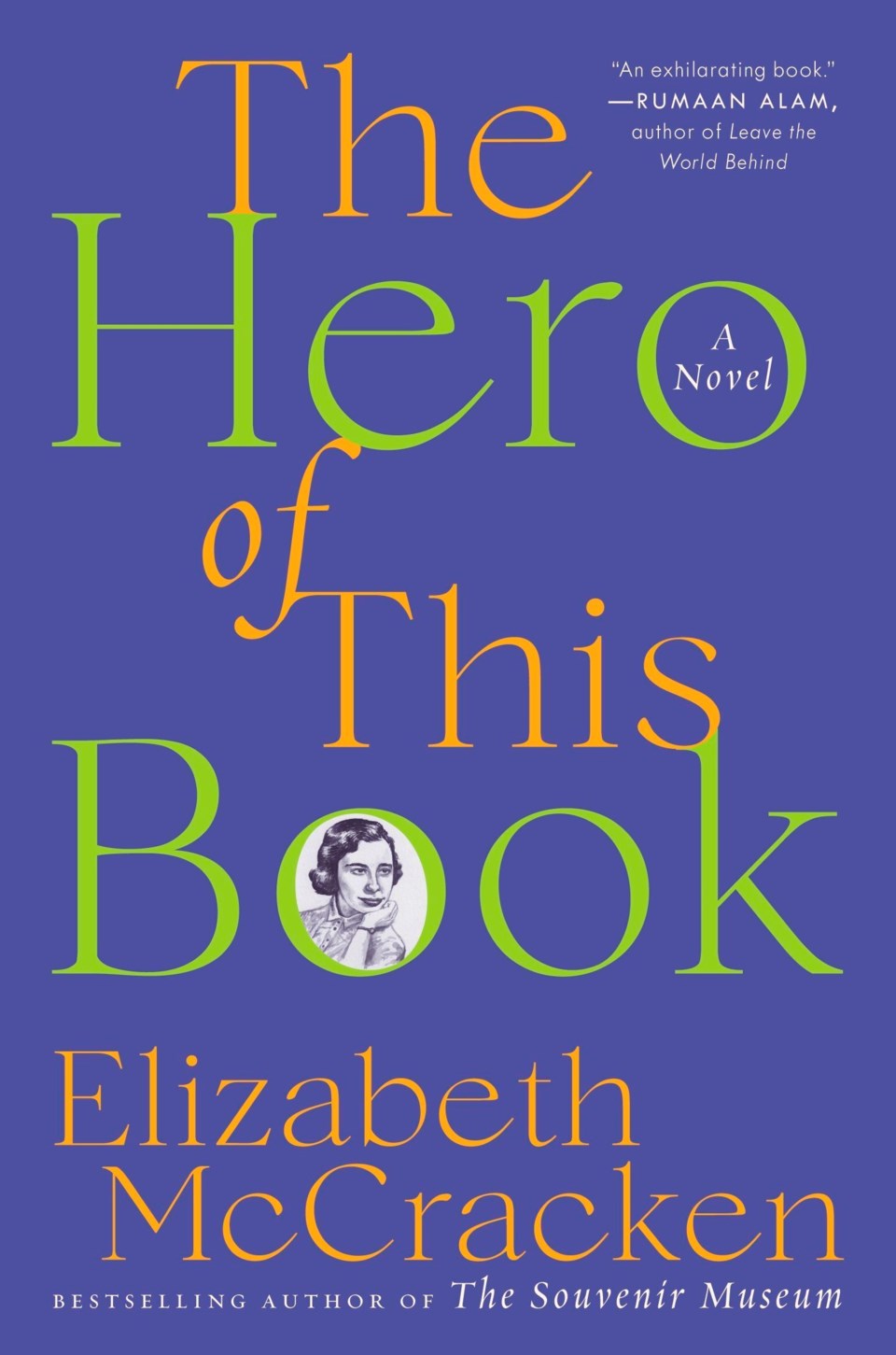āThe Hero of This Bookā by Elizabeth McCracken (Ecco)
Donāt be fooled by the fact that this slim new volume from Elizabeth McCracken has the words āa novelā on the cover. Itās a memoir. The reason itās not referred to as such is clear from the dedication page ā a handwritten note from McCracken to her mom in 1993 promising that sheāll never appear as a character in her work.
Semantics aside, āThe Hero of This Bookā is simple and lovely. McCrackenās easy prose is a joy to read, right off the bat. Hereās part of the opening paragraph: āThis was the summer before the world stopped. We thought it was pretty bad, though in retrospect there was joy to be foundā¦ Iād gone to London, where a heat wave had bent train rails and shut down art exhibitions and turned the English into pink, panting mammals.ā The narrator ā she uses the first person and readers can interchange the word narrator and author if they like ā is in London 10 months after her motherās death to revisit places they loved together while reflecting on their relationship. āOnce somebody is dead, the world reveals all the things they might have enjoyed if they werenāt,ā writes McCracken.
From August 2019 the narrative jumps around to past moments which reveal the motherās values and the bond she shared with her daughter. Cleaning out the kitchen in 2002, as the narrator prepares to introduce her future husband to her parents (āI was trying to make a house he could visit without being appalledā):
āI brandished the cheese. āThree years out of date!ā I said to my mother. ā¦
āNo,ā she explained. āI just bought that.ā
ā1999!ā I said. āLook!ā
āPrinterās error,ā said my mother, who generally used her considerable powers of stubbornness for good.ā
Beyond honoring a mother, McCracken does something else remarkable in these 177 pages. She writes about writing. Despite her narratorās admonition early on ā āDonāt trust a writer who gives out advice. Writers are suckers for pretty turns of phrase with only the ring of truthā ā nuggets of advice pop up throughout like bubbles: āI donāt think writing is that hard, as long as youāre comfortable with failure on every single level.ā Or: āWhy do I write? To try to get human beings on a page without the use of vivisection or preservatives or a spiritualistās props, to make them seem lively still.ā
McCracken does that with this book, processing her own grief and honoring her motherās life, even if the subject ā her hero ā would assuredly have scoffed at the idea.
Rob Merrill, The Associated Press


